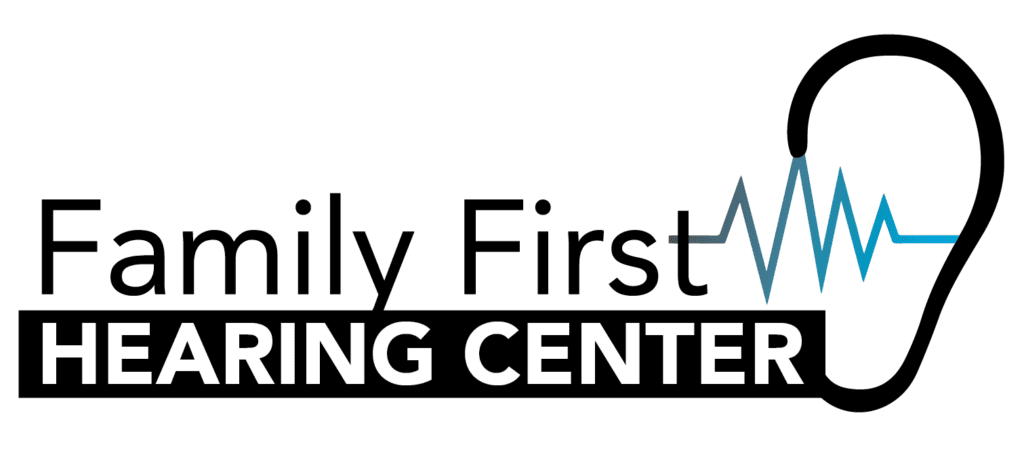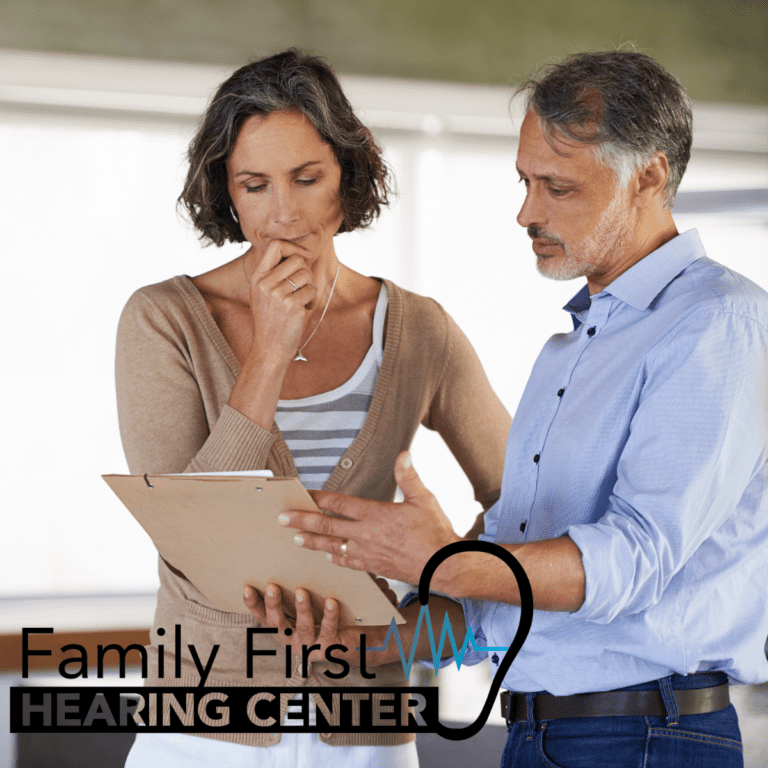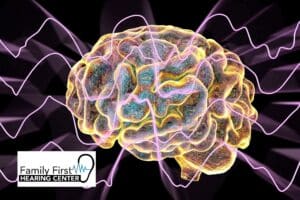Experiencing unexpected hearing loss can be a disorienting and distressing experience. Suddenly, the world around you becomes muffled, conversations become challenging, and simple everyday activities become more difficult. It is crucial to take immediate action when faced with sudden hearing loss to ensure prompt diagnosis and appropriate treatment. In this article, we will discuss the signs of unexpected hearing loss, the essential steps to take, coping strategies, and available treatment options to help you navigate this new chapter in your life.
Recognizing the Signs of Unexpected Hearing Loss
Recognizing the signs and symptoms of unexpected hearing loss is the first step in seeking help. Some common indicators include a sudden decrease in hearing ability, difficulty understanding speech, ringing in the ears (tinnitus), and a sense of pressure or fullness in the affected ear. If you experience any of these symptoms, it is crucial to seek professional help as soon as possible.
Immediate Actions to Take
1. Schedule an appointment with your hearing care professional: They will conduct a thorough examination and perform hearing tests to determine the cause and severity of your hearing loss. At Family First Hearing Center, we take pride in being here for all of your hearing needs.
2. Gather important information for the appointment: To assist the specialist in the diagnosis, gather important information such as your medical history, any relevant health conditions, and a list of medications and supplements you are currently taking. Additionally, provide details about any recent exposure to loud noises or head trauma. This information will help them understand the potential causes of your sudden hearing loss.
3. Prepare questions to ask during your appointment: It is essential to gather as much information as possible during your appointment. Some questions you may want to ask include understanding the cause and severity of your hearing loss, available treatment options, and their effectiveness. The specialist can provide valuable insights and guide you toward the most suitable course of action.
Coping Strategies for Everyday Life
Living with sudden hearing loss can be challenging, but with a few coping strategies, you can navigate everyday life more smoothly.
1. Communication tips for interacting with others: Advocating for your hearing needs is crucial. Inform your friends, family, and coworkers about your hearing loss, and kindly request that they speak clearly, facing you directly. Using assistive listening devices, such as hearing aids, can also enhance your hearing ability, making conversations more accessible.
2. Emotional support and coping mechanisms: Adjusting to sudden hearing loss can be emotionally taxing. Seek support from loved ones who can provide encouragement, patience, and understanding. Additionally, consider exploring counseling or support groups specifically tailored to individuals with hearing loss. Connecting with others who have had similar experiences can provide a sense of community and valuable coping strategies.
Exploring Treatment Options
Fortunately, there are various treatment options available to address sudden hearing loss.
1. Hearing aids: Hearing aids are small electronic devices worn behind or inside the ear that amplify sound and improve hearing abilities. There are different types and styles available, including behind-the-ear (BTE), in-the-ear (ITE), and completely-in-the-canal (CIC) options. These devices are discreet, comfortable, and highly effective in enhancing hearing.
2. Other assistive devices and technologies: In some cases, hearing aids may not be enough, particularly if your hearing loss is severe or involves damage to the inner ear. Cochlear implants are surgically implanted devices that bypass damaged parts of the ear and directly stimulate the auditory nerve. Assistive listening devices, such as FM systems, can also be used in specific situations, like classrooms or theaters, to enhance sound quality.
Adjusting to Life with Hearing Loss
Adjusting to life with hearing loss takes time, patience, and self-compassion. It is essential to give yourself time to adapt to the changes and understand that seeking ongoing support and follow-up care is crucial. Regular visits to your hearing care specialist will ensure proper monitoring of your hearing health, hearing aid adjustments if necessary, and guidance on using and maintaining your devices effectively.
Experiencing sudden hearing loss can be overwhelming, but taking immediate action is key to addressing the issue effectively. By recognizing the signs, seeking professional help, and exploring coping strategies and treatment options, you can regain control over your life and improve your hearing abilities. Remember, you are not alone in this journey, and seeking support from professionals and loved ones will help you navigate this new chapter with confidence and ease. Don’t wait—CLICK HERE to schedule your appointment and begin your path to better hearing and a richer quality of life.



